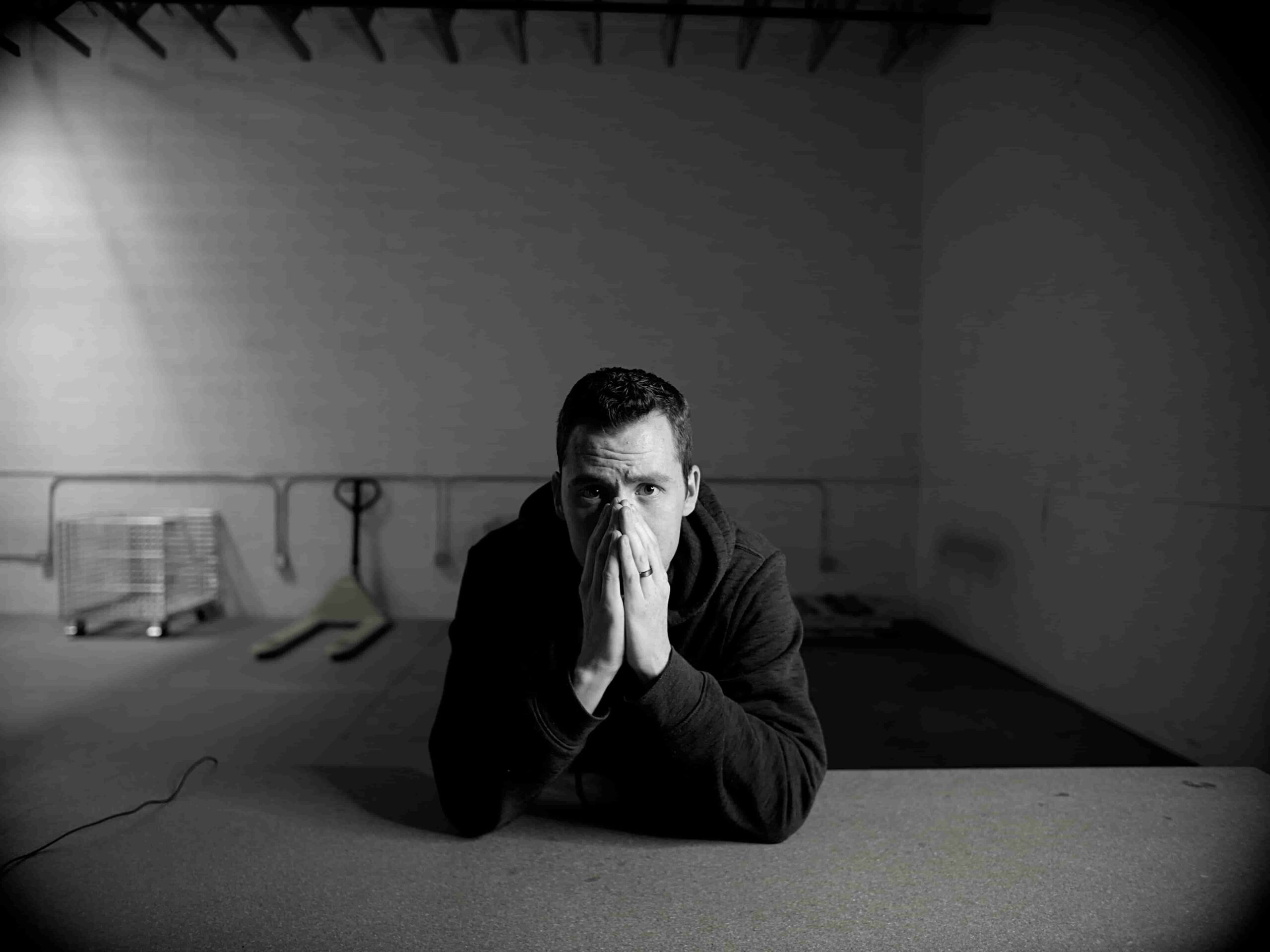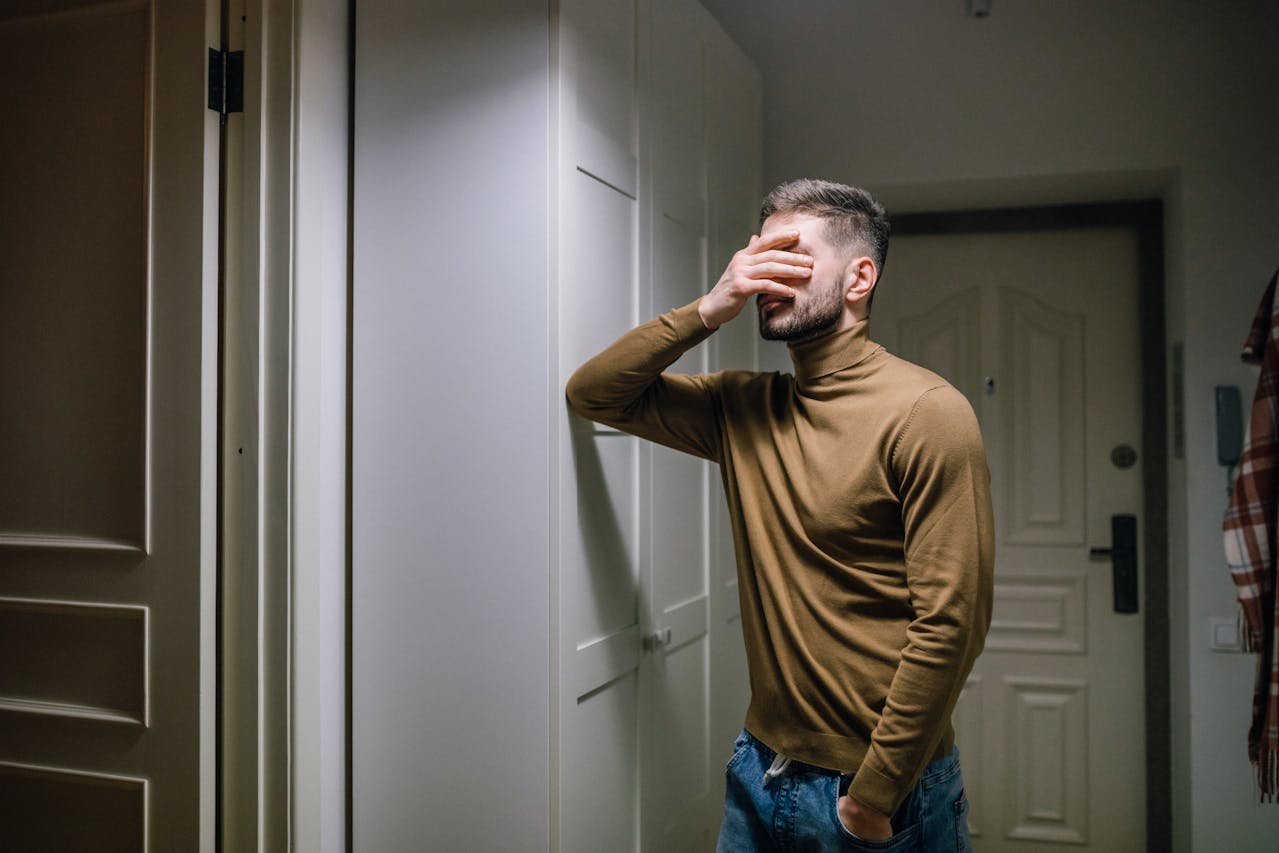At least 2 million U.S. adults struggle with obsessive-compulsive disorder (OCD). However, it can be misdiagnosed or even undiagnosed. This means the actual count is undoubtedly higher. With numbers that high, there are plenty of instances when the disorder’s obsessive thoughts (obsessions) and reactive behaviors (compulsions) affect a person’s relationships. In What Ways Does OCD Affect Relationships?
OCD comes in many forms, and each case is unique. Therefore, it impacts relationships in many different ways. Still, common themes exist. For example, people with OCD are often driven by a strong desire to safeguard and protect their loved ones. In theory, this can be sweet. In practice, it will require some understanding and cooperation. Let’s take a closer look.
In What Ways Does OCD Affect Relationships?
For starters, OCD can prevent relationships. Those dealing with this disorder go to extremes to decrease anxiety. Hence, they find themselves opting to avoid dating and romance. It just appears to be too stressful to handle. When someone with OCD is in a romantic relationship, the impacts frequently involve:
A Need for Constant Reassurance
Your partner will have to find ways to get comfortable with providing reassurance. Someone with OCD will ask “Do you still love me?” on a regular basis. In addition, they may feel the need to obsessively reassure the non-OCD partner. Left unaddressed, these trends can foment frustration and confusion.
Avoiding Normal Situations
When you first start dating someone, it’s expected that your new partner will perform basic daily tasks and functions. With OCD, things do not work like this. Asking them to run an errand can be tricky if they fear germs or contamination. People with harm-related OCD could be triggered when around knives or anything that seems like a potential weapon.
 It can be challenging for the non-OCD partner to not feel resentment when they have to pick up the slack. At the same time, the partner with OCD can experience guilt and shame which will trigger the need for assurance.
It can be challenging for the non-OCD partner to not feel resentment when they have to pick up the slack. At the same time, the partner with OCD can experience guilt and shame which will trigger the need for assurance.
Fear of Intimacy
As touched on above, many people with OCD do their best to cope with a fear of contamination. This can become quite tricky when it comes to sexual intimacy. If you see potential germs everywhere you look, for example, how does touching, kissing, and more happen? This question can end up being answered by outcomes like:
- Low sex drive
- Fear of sex
- Difficulty getting and staying aroused
- Feeling disgusted by certain intimate acts
Once again, a cycle commences. The non-OCD partner feels rejected and resentful. The partner with OCD struggles with guilt.
What Is Relationship OCD?
When signs like those highlighted above are ever-present, things can transition into what’s called “Relationship OCD.” In this scenario, the person with Relationship OCD has a particular set of obsessions and compulsions. They center around worries like:
- Do I really like my partner?
- Do they really like me?
- Did I settle in this relationship?
- Should we break up?
It can start with a simple observation that you don’t love how your partner chews. The observation launches a compulsive need to analyze what this means and what needs to be done about it — right now.
OCD Can Affect All Relationships
While the focus of this post is on romantic relationships, Obsessive Compulsive Disorder also affects relationships with co-workers, family, and friends. Some commonalities throughout all relationships, when OCD is involved, are:
- Constant reassurance
- Inability to complete certain tasks
- The subsequent resentment and/or guilt produced by these dynamics
All of the above can feel like more than the people in involved can handle. And that is fine. It’s why therapy exists. To navigate this tricky terrain, it can be incredibly beneficial to have a skilled guide working with you. Reach out to learn more about anxiety treatment and how it can help you with your OCD.





